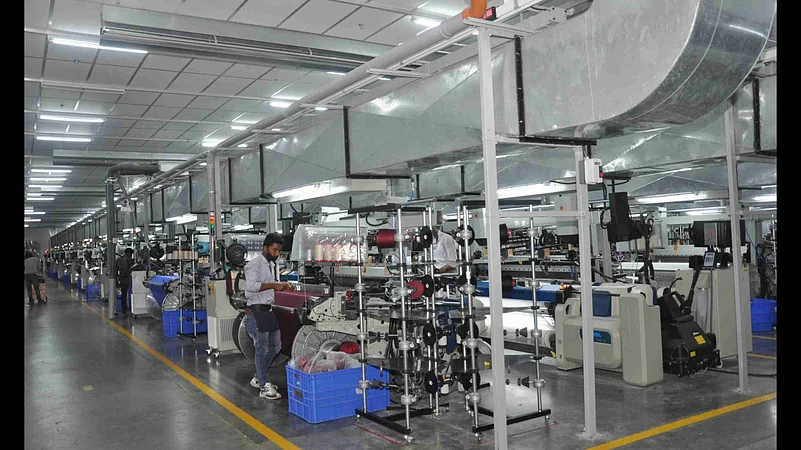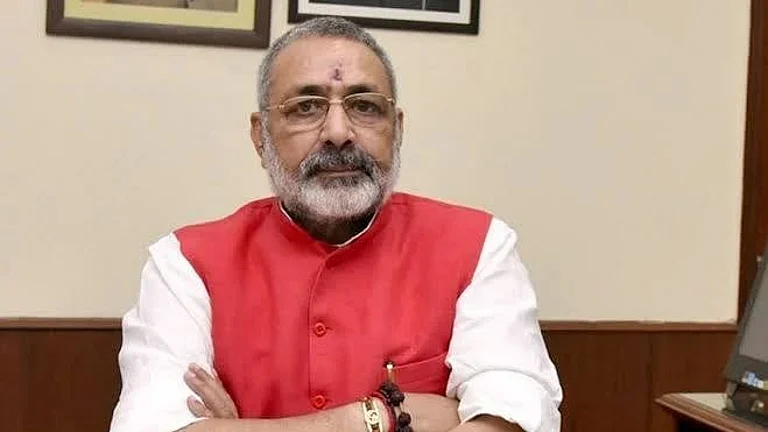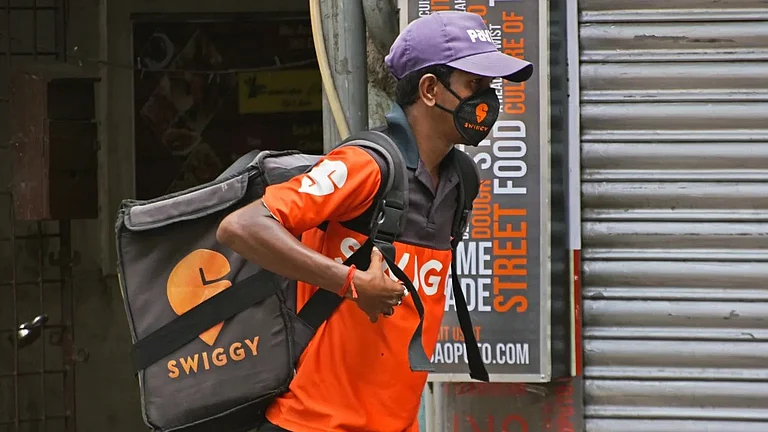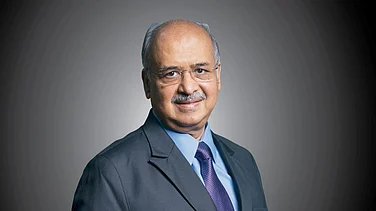Ahead of the Lok Sabha polls, the West Bengal government has signed a tripartite wage agreement for jute mill workers, officials said.
The pact, which was signed on Wednesday, will impact over 3 lakh workers across 113 jute mills in West Bengal including around 50 new jute mills that have come up in the state in recent years, they added.
The aim of the agreement is to improve workers' salaries and benefits. The last such pact was signed in 2019, they said.
The agreement between Indian Jute Mills Association (IJMA), mill owners who are not part of IJMA and 23 central trade unions was signed in the presence of state labour minister Moloy Ghatak and facilitated by the labour department.
Before the pact was signed, several meetings to thrash out the modalities were held in the presence of the minister, officials said.
"Prior to the signing of the agreement, nine tripartite and several bipartite meetings were held in the presence of the minister," additional labour commissioner Tirthankar Sengupta told PTI.
Welcoming the pact, former IJMA chairman Sanjay Kajaria said bringing all jute mills as signatories will create a level playing field.
He added that non-IJMA jute mills’ contribution to government supply has increased to 11 per cent.
According to the pact, entry-level daily wage has been fixed at Rs 485, up from Rs 370.
The gross monthly salary for new workers will be Rs 14,066, a hike of approximately Rs 3,562, compared to the previous pay structure.
This will result in an overall raise of CTC by Rs 4,550 for a new employee, officials said, adding existing workers will now get Rs 17,271, up from Rs 16,718, a hike of Rs 553.
Workers hired in 2019 will now receive Rs 14,132, a hike of Rs 586, while employees from 2002 will see their monthly salary go up to Rs 15,837, an increase of Rs 627.
Additionally, all current workers in joint mills will receive an additional Rs 130 as ad hoc pay.
The housing allowance for all types of workers has been increased from 5% to 7.5%.
The daily attendance bonus for the most experienced workers has been raised to Rs 50 while new hires will receive Rs 15.
The agreement also categorises workers into unskilled, semi-skilled, skilled, and highly skilled, with each category receiving a specific fitment allowance based on their job role.
In the next six months, the state productivity council will consult to determine understanding, grading, and scaling for workers, officials said.


























.jpg?w=200&auto=format%2Ccompress&fit=max)




